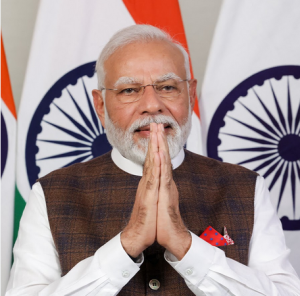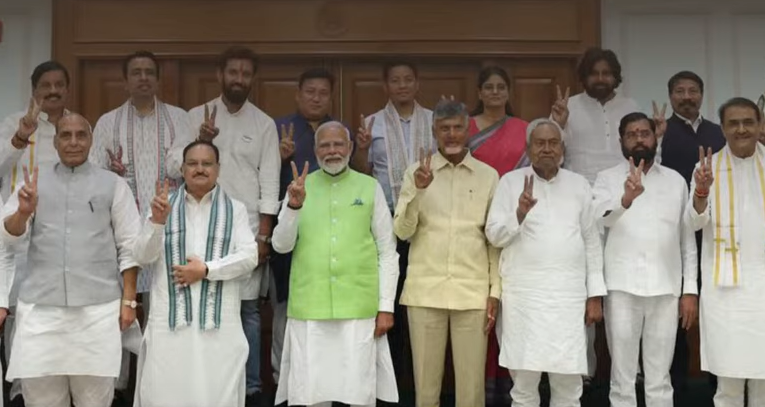By Zanny Minton Beddoes\The Economist
Photos: YouTube Screenshots
Our cover package in most of the world looks at the implications of this week’s shock election result in India. Narendra Modi, the prime minister, was expected to win a landslide victory. But on June 4th it became clear that his Bharatiya Janata Party (BJP) had lost its parliamentary majority, forcing Mr. Modi to rule through a coalition.

It is a major blow for him but it is a triumph for Indian democracy.
Our two-part briefing analyses the voters who turned their backs on the BJP and how Mr. Modi might respond to this week’s disappointment. Today we also launched a podcast series, The Modi Raj, in which we explain how Mr. Modi got to where he is. Avantika Chilkoti, the presenter, has spent months interviewing scores of people to get a clearer sense of India’s enigmatic prime minister. To stay on top of all our India coverage, sign up to Essential India, our free weekly newsletter.

Our cover in Britain considers how the Labour Party, should it win next month’s election, can stir the country out of economic stagnation. A Labour government is better placed to boost growth than the Tories are. It is less neurotic about Europe and immigration and its voters want more houses. But its policies are either unequal to the scale of Britain’s economic challenges or, as with its green subsidies, likely to do more harm than good. If elected, Labour will probably oversee a modest economic recovery. But it has not yet outlined a path to prosperity.






